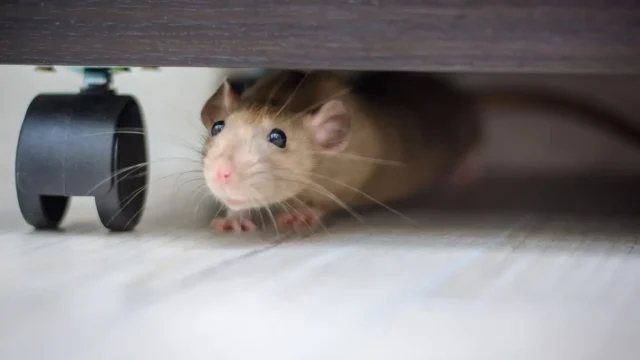The army of rats and mice decided to spend the winter in facilities where people live because it is warmer there and they have enough food.
A messy space that is not cleaned often enough, and especially leftover food, can attract many unwanted guests. They are not only unpleasant to see, but their presence can also create multiple problems. They are carriers of various diseases, which can infect both humans and animals. To make matters worse – where one came from, there may be many more. They reproduce easily and quickly and are quite resistant to external conditions.
Things you need to know about rodents
They are omnivores, although they are primarily carnivores, some species can live without water, and they are excellent swimmers who hold the air for more than three minutes. If you hear rustling or scratching in your home, there is a high probability that rodents have settled there. Please note that rodents leave typical traces, in the form of feces that resemble rice grains in shape. Another clue that indicates their presence in the dirty edges of the walls, which they leave as they move. Mice, in addition to rats, are among the biggest pests in the household. In homes, they live primarily because of food, destroying with their urine and feces what they do not eat. Skilled climbers, just like rats, because they have sharp claws, allowing them to reach literally anywhere. They usually choose warm and hidden places.
So, what do you do when you find out there are rodents in your home?
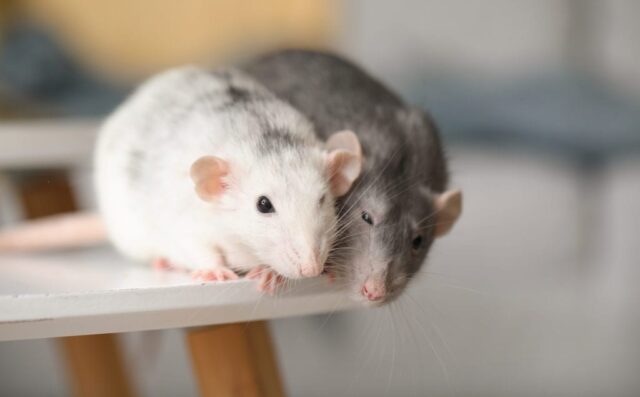
The best is to call pest control (visit website for more info). But there are some preventive measures that include methods to prevent rodents from settling in our home. These include maintaining the hygiene of the home and auxiliary rooms, solid construction, and clogging of sewer pipes, which are the most common routes by which rodents reach our home.
How do rodents live?
To catch them, you need to understand the way they live in homes, what attracts them and how potentially there are. Rodents usually live in groups. The most common time of day when they go out for food is in the evening. While they may look cute to some at first, you don’t want to share your living space and food with them because they, unfortunately, carry a variety of viruses and bacteria with them, as we said earlier.
Anyway, as soon as you notice that you are sharing your home with these little creatures, the first (and urgent) steps involve a big cleaning and only then chasing the rodents out of the home. Otherwise, you can become infected and they will start to multiply. Below we bring you all the steps you need to take in the fight against these small pests.
Throw away any food you suspect has come in contact with rodents
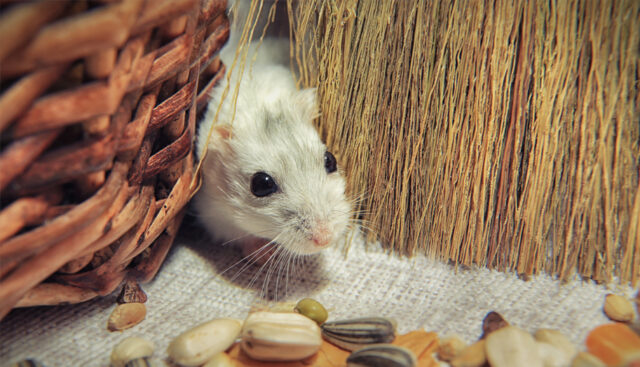
Be sure to wear gloves and throw in one garbage bag all the food you think may have been in any contact with the rodents, even those foods you are not completely sure about. Empty the trash cans as well, then disinfect them and rinse with hot water. In the future, be sure to take out the trash every two days to prevent the smell that attracts rodents from spreading around your home.
Put all the food away
Store various seeds, spices, and food leftovers already stored food in a safe place. Do not use plastic bags, but opt for well-sealed food containers or jars. Also, until you completely drive rodents out of your home, store such protected food in kitchen cabinets and a refrigerator.
Patch all the holes in the home
The average rodent can easily slip through a hole as big as a single coin. Therefore, inspect windows, entrance, and balcony doors carefully. If you come across a hole, you can protect it with cardboard and strong adhesive tape for the first time.
Take care of kitchen surfaces, dishes, shelves, and kitchen towels
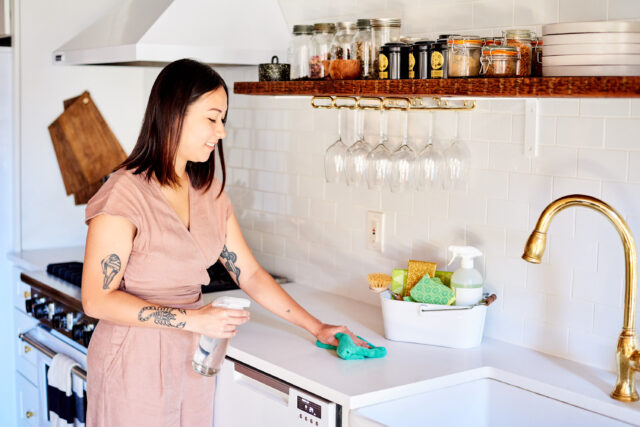
If you suspect that rodents have been walking around your kitchen cabinets, be sure to remove all utensils and cutlery and wash it in the dishwasher. If you do not have a washing machine, soak the cutlery in hot water with detergent, and wash the rest of the dishes well with a new sponge, hot water, and detergent. Also, when you remove all utensils, disinfect all surfaces in the kitchen, including shelves inside kitchen cabinets. If you also suspect kitchen towels, wash them at a minimum of 60 degrees.
Pick up rodent droppings
Do not vacuum or move it as there is a risk of it coming into the air and inhaling it. To properly clean rodent feces, you need a face mask that you can get at any pharmacy, rubber gloves, disinfectant wipes, and bags. Put on a mask and gloves and pick up the feces with handkerchiefs. Put it in the bag immediately. Once you’re done, also throw away your gloves and mask, then close the bag tightly and throw it away. Disinfect the surface from which you collected the feces once more and wash your hands thoroughly all the way below the elbows.
Use natural remedies to deter rodents
After all the previous steps, you should already notice less rodent activity in your home, since, after you have cleaned and tidied everything, there is nothing left to attract them to your kitchen cabinets. However, you can fit a few jars of mint in your kitchen just in case. In addition to looking good, the smell of mint drives them away. You can also make mint tea and put it in a spray bottle. Spray all the edges in the kitchen with this liquid, as this is the place where they like to move the most.
Do not use traps or poison
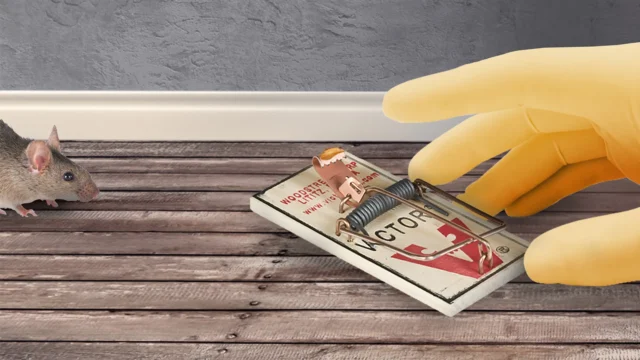
Killing any animals is primarily not good for our ecosystem, and using mouse poison can be dangerous for us as well. So you better get cages that function as mousetraps, set up chocolate that will lure you in and that’s it.

